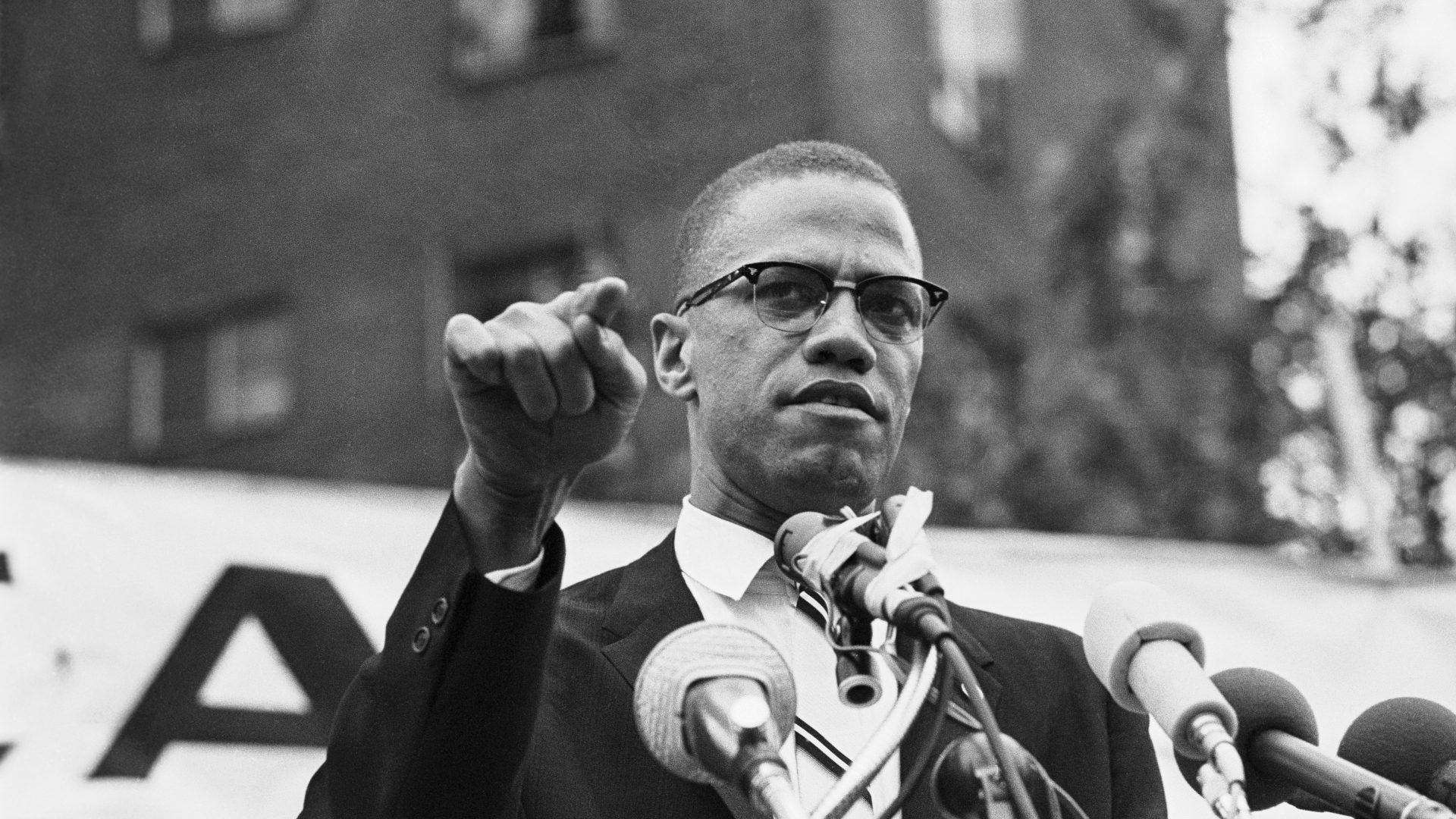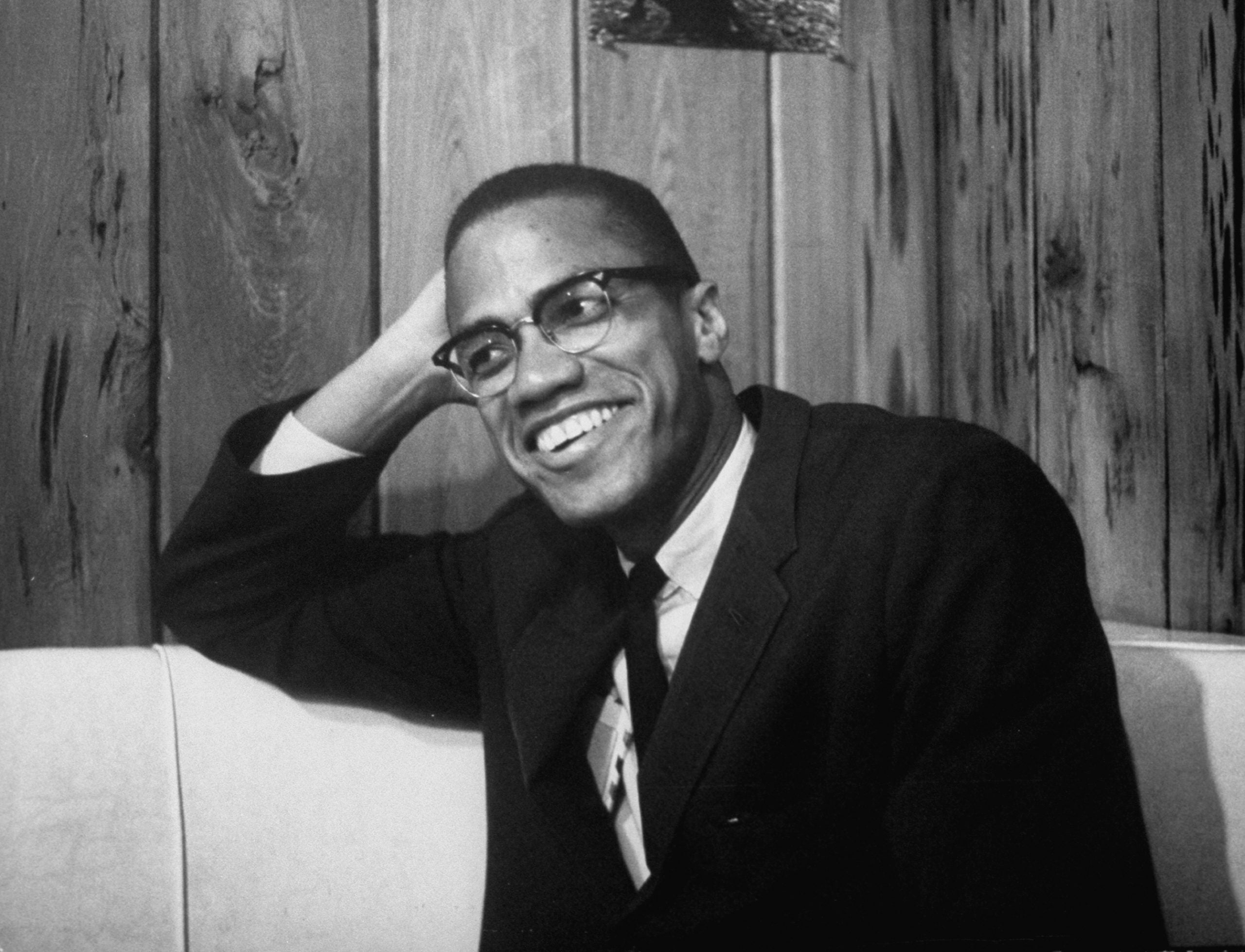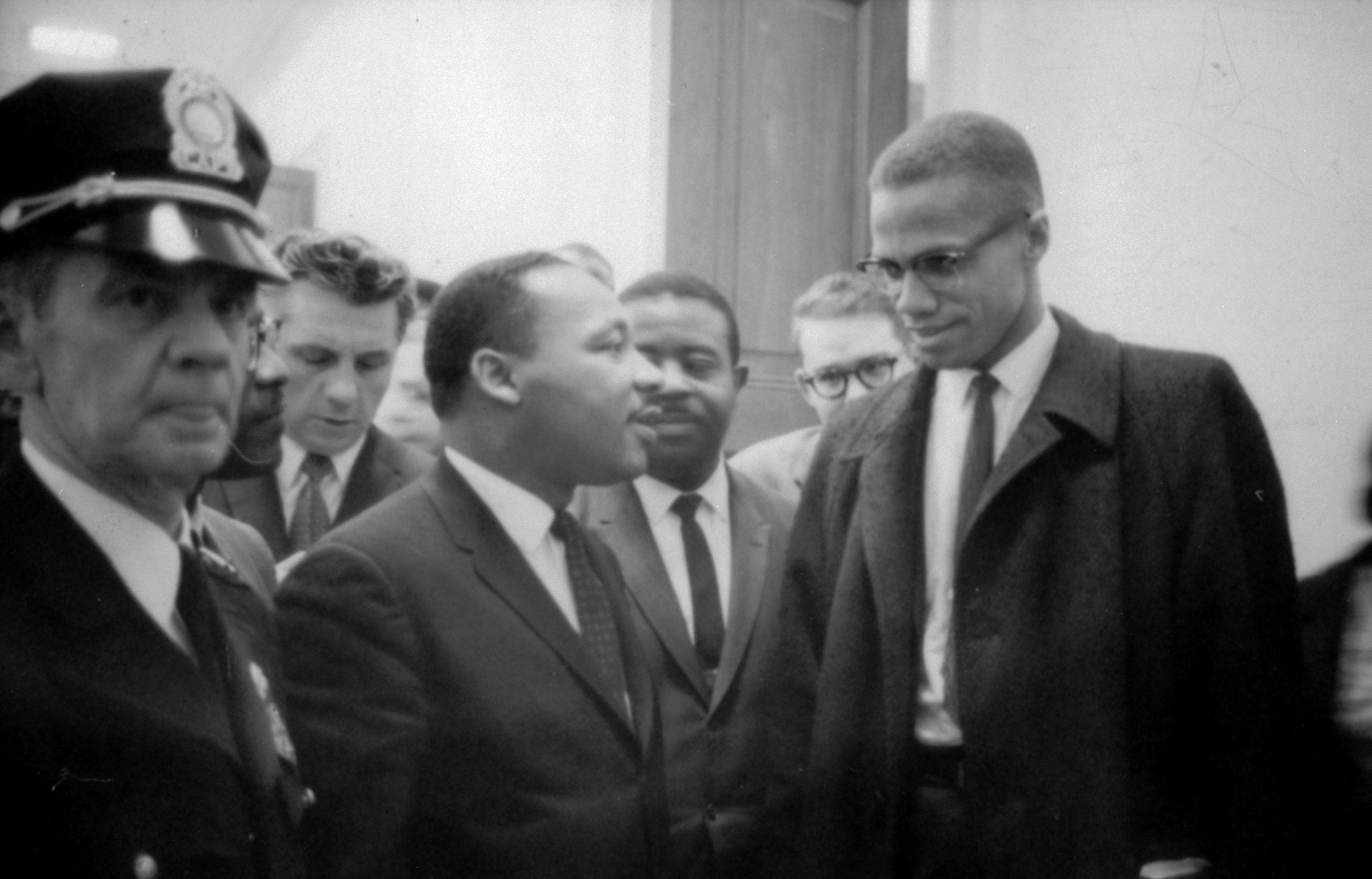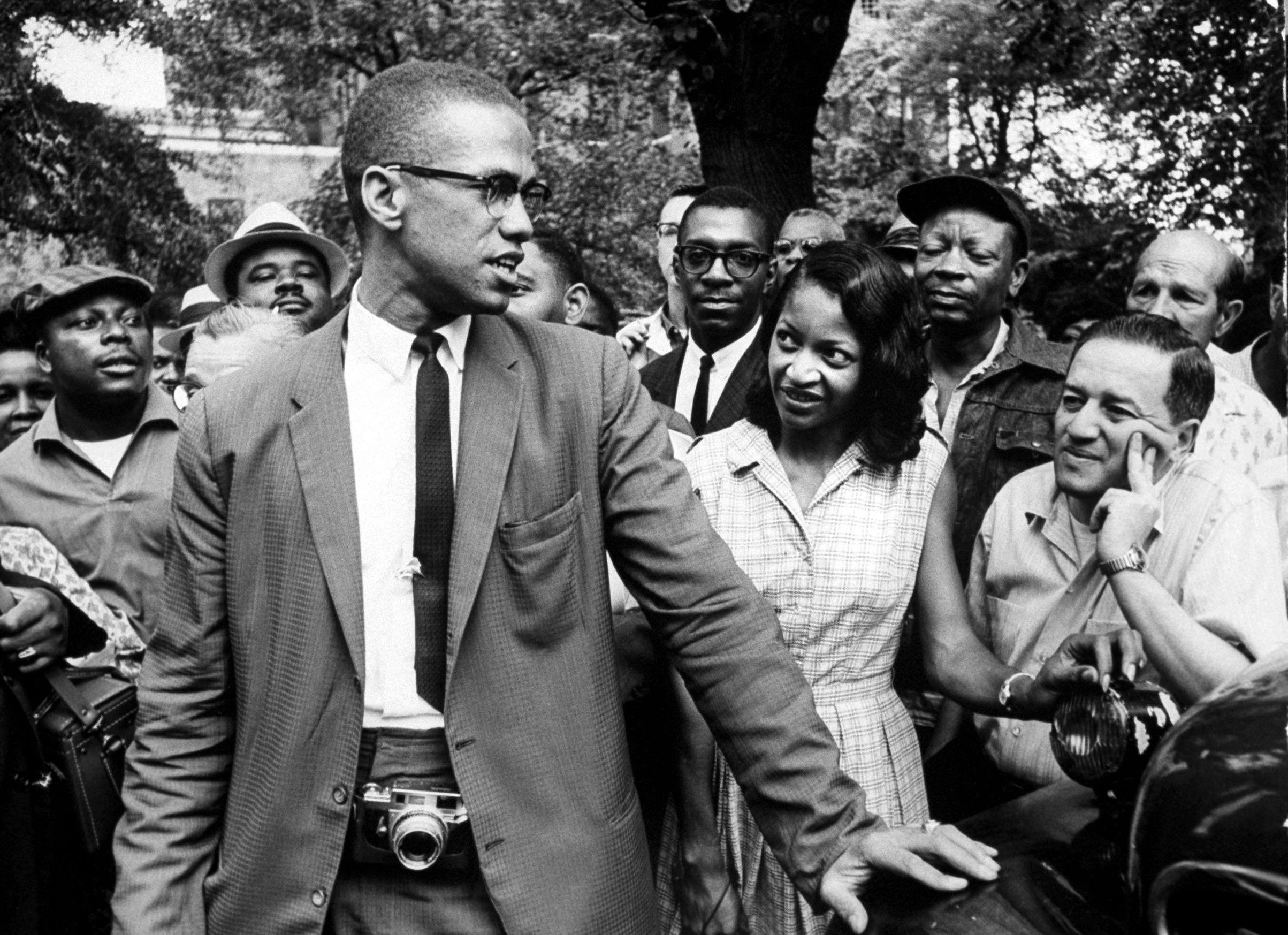
Fifty-five years can do a lot for a man’s reputation. It can turn a “gangster” into an icon, a “former felon” into a family man and a “public nuisance” into one of the greatest human rights leaders to ever live. That’s what 55 years have done for the late Malcolm X.
On Feb. 21, 1965, shortly after 3:15 P.M. on a Sunday afternoon, El-Hajj Malik El-Shabazz was gunned down at the Audubon Ballroom in New York City. And what has happened in the more than five decades since Malcolm X took his last breath, is a reimaging of who he truly was as a man. A public perception once seen through a Jim Crow lens has been reconciled with the man now viewed through woke-tinted glasses. Indeed he was a former frontman for the Nation of Islam who sparked public rifts with the likes of Martin Luther King, Jr., Elijah Muhammed, and the NYPD, but he was also the man who encouraged Black people to walk with pride, never apologize for the color of our skin, and stop accepting less from the world because of who it tells us we are.
The respected orator once said, “The media’s the most powerful entity on earth. They have the power to make the innocent guilty and to make the guilty innocent, and that’s power. Because they control the minds of the masses.” Malcolm X remains one of the greatest examples of this often-recited verse, having been villanized while alive, and now celebrated in his death.

The early ’90s brought Spike Lee’s critically acclaimed film, Malcolm X. Shortly after came a renewed interest in the autobiography released following his passing. Throughout the decade he received shout outs from some of hip hops greatest acts and by the early 2000s, he’d have the building he was assassinated in, renamed after him. Today schools showcase Malcolm X on their front doors, boulevards throughout the world bear his name, and murals with his face don public spaces.
While some will continue to regard him as a controversial figure, a man who stoked racial tension and sought to divide an already divided nation, let the record reflect that Malcolm X in the year before his death stood next to the celebrated Martin Luther King, Jr., and called on America to heed to the demands that the civil rights leader had for years been marching for.

Malcolm X was never violent. Instead, he preached that if the world was going to continue to be violent to Black people, then we should be able to justly defend ourselves. “By any means necessary,” wasn’t a threat. It was a signal to our oppressors that the fight for freedom, the fight for justice, and the fight for equality could not and would not be contained by racist tactics, but to the contrary be achieved in spite of opposition. It’s the message that sparked the Black Power Movement and the same message that gave us our first Black president.
In a tribute to her father and mother Betty Shabazz, Malcolm X’s third daughter Ilyasah Shabazz said, “The examples of trust, selflessness, compassion and care that my parents set in and outside our household helped me to personally understand that life is not a destination, it’s a journey. Faith makes everything possible. In order to succeed in life, you must first believe that you can.” It’s an example that Malcolm X passed down to countless others as well.
America has always had a way of rewriting history while simultaneously downplaying the contributions of Black people, and Malcolm X is no exception. Though his life was under constant attack, he willingly spent his last moments on earth speaking truth to power, and fighting for what was once considered radical change. Why that deserves anything but praise has been an ongoing question, as old as the newspaper headlines that spoke of his assassination.
In The Autobiography of Malcolm X, the late civil rights leader includes a letter he wrote while in Mecca. In it, he says, “I’m for truth, no matter who tells it. I’m for justice, no matter who it’s for or against. I’m a human being first and foremost and, as such, I’m for whoever and whatever benefits humanity as a whole.” Though it took decades for the world to fully appreciate the message, 55 years is better than never.

The February 1965 news articles following his death reduced him to a “radical Black activist,” and now the man born Malcolm Little in Omaha, Nebraska, stands as a national hero, a treasure among the many gems that history has produced, a relic regarded for his enduring message of unity, prosperity, and unapologetic resistance.





